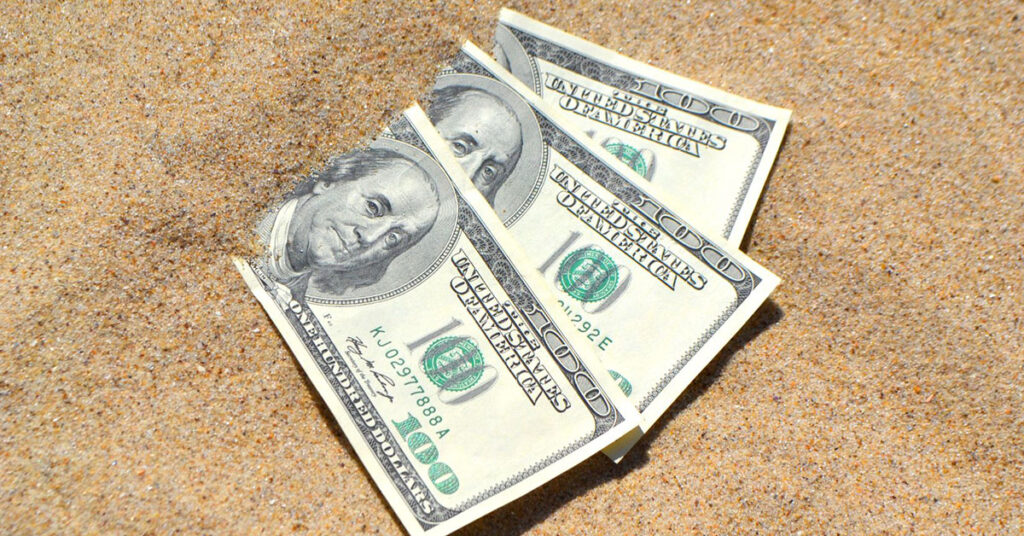In the latest example of how the tax code has been abused and distorted, the Cheesecake Factory is claiming the manufacturing tax deduction, apparently for manufacturing cheesecakes, burgers and other treats.
Supporting manufacturing has become a top issue for the Trump administration across the political spectrum. Earlier this week, President Donald Trump reiterated a frequent campaign pledge to restore the former glory of American manufacturing, telling an Ohio audience that the thousands of jobs the state has lost over recent decades are “all coming back.” Trump has been largely silent on the question of how he will achieve this, just as he has remained mum on the question of how he’ll achieve loophole-closing corporate tax reform. But the latest annual financial report from the Cheesecake Factory corporation is a helpful reminder that existing policies that are supposed to advance manufacturing often fail to do so.
Enacted in 2004, the manufacturing deduction allows companies to exclude 9 percent of their “qualified production activity income” from taxation. While congressional authors intended to reduce effective tax rates on manufacturers via this provision, a lobbyist-driven feeding frenzy distorted and expanded this measure and now the deduction can be claimed for making cigarettes, B movies, gift baskets and even restaurant reservations.
Cheesecake Factory’s 2016 annual report notes that the deduction is single-handedly responsible for reducing the company’s worldwide effective tax rate by between 2.5 and 2.9 percent in each of the last three years. Since the manufacturing deduction can only reduce effective tax rates by 3.15 percent in a given year (because it’s a 9 percent deduction multiplied by the 35 percent tax rate, or 3.15 percent), the clear implication is that almost all of the Cheesecake Factory’s U.S. income must be eligible for the manufacturing deduction. While all those “Glamburgers” being consumed in the company’s hundreds of restaurants certainly don’t make themselves, it’s hard to imagine “Toasted Marshmallow S’Mores” cheesecakes as being the economic spark that Congress in 2004—or President Trump on the campaign trail—believed would revive the engine of U.S. manufacturing.
Even if properly targeted, it’s hard to see why the manufacturing deduction would have a meaningful effect on U.S. jobs. After all, every million dollars of corporate tax that manufacturers don’t pay is a million dollars that small businesses or middle-income Americans must pay instead. But when a cheesecake restaurant can masquerade as a manufacturer for tax purposes, it’s clear as day that the first step toward supporting U.S. manufacturing through the tax system should be to end the abuse of this tax break by companies that Trump’s Ohio audience would never recognize as true manufacturers.





